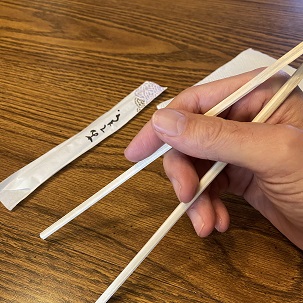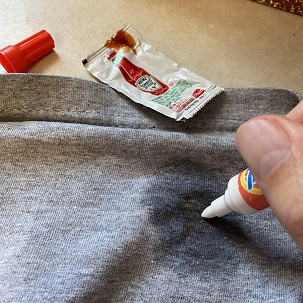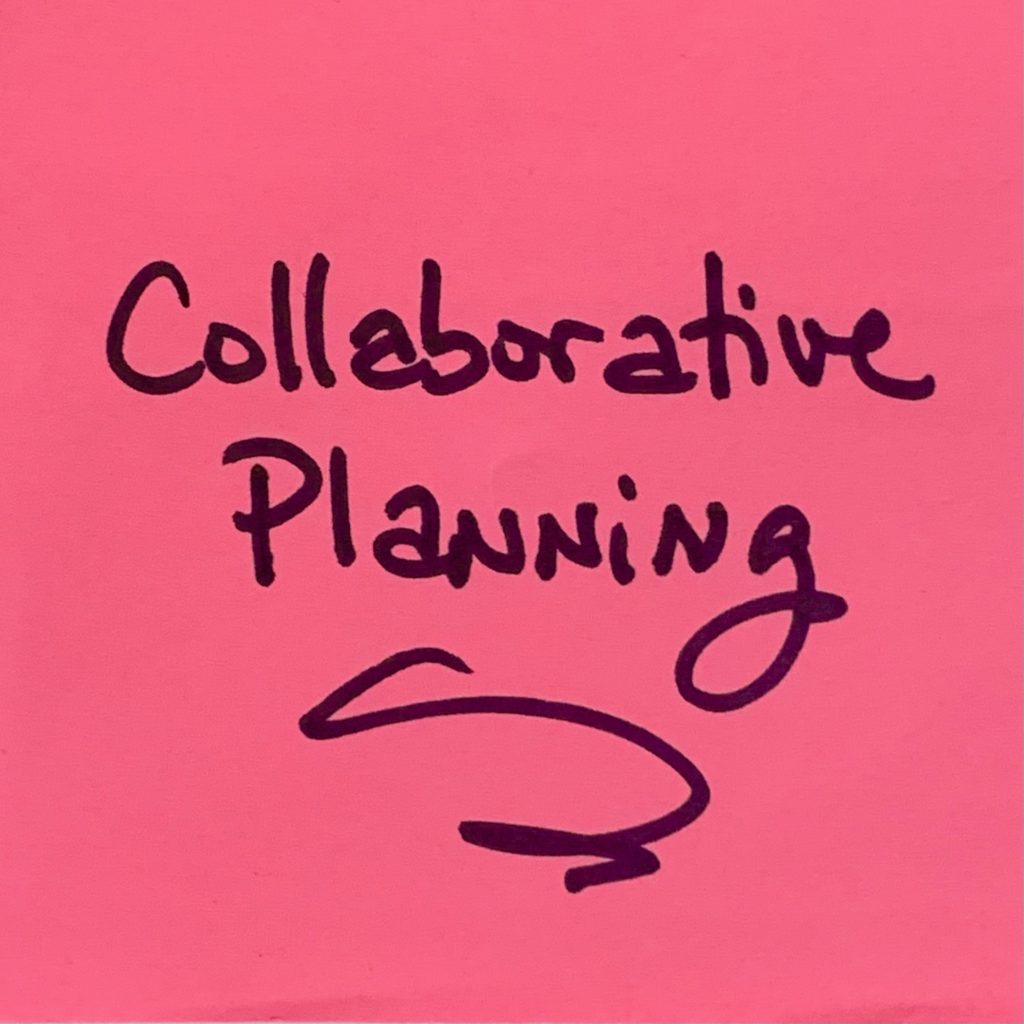By Stacie Prada
Question: What was most and least helpful when you were first diagnosed?
Answer: The people. Collectively, they were the most helpful. Individually, some were the most and some were the least helpful.
The people who listened, asked questions and validated my feelings helped me the most with my multiple sclerosis diagnosis. Answering sincere questions helped me analyze what was true at that time and what was fear for the future. Thinking through the issues and explaining my experience helped separate what I could influence from what I couldn’t. They offered suggestions while respecting my opinions and decisions. The paid support people who helped me immensely included my medical support team: primary care provider, counselor, neurologist, and physical therapist. The unpaid support team included family, friends, coworkers, online connections, and the local MS self-help group.
Those who told me what I needed to do or why I shouldn’t worry were naïve and ill-informed. They would prescribe treatments without knowing what caused my symptoms or what my symptoms even were. They’d tell me I’d be fine since someone they know who has MS is fine. They assured me I’d stay healthy to appease their own fears, not mine. They included people in all of the categories listed above who helped me immensely. A person’s profession or relation doesn’t automatically place them in the category of helping or hindering. How they behave and interact does.
The people who judged me harshly for how my health was impacting them caused the most stress, guilt and pain. I was criticized for being less attentive in my relationships and for letting MS be my focus. I believed it was a personal fault that I was burdening others.
I genuinely thought I should be able to deal with my health privately and keep doing everything I’d been doing for others. I wanted to be strong and prevent the people in my life from being affected by my diagnosis and documented chronic illness.
MS symptoms and exacerbations made me unable to meet the expectations I had for myself and others had for me. It helped me realize the expectations had always been unreasonable. I learned I’d never be able to be healthy physically and emotionally if I kept trying to meet unreasonable expectations.
I realized I can’t do this alone, and I shouldn’t.
The people who validated that I needed to address my health and accepted things would change – they helped me the most.
The people who were angry, hurt, blamed and resented me for their unhappiness – they helped force me to realize I didn’t need to keep working toward the life I’d been building, and I probably couldn’t if I kept trying. In a painful way, they helped me open my future to more possibilities. Changing things wasn’t failure, it was survival.
Survival requires self-care. To people who are used to benefiting from an unhealthy relationship dynamic, other people practicing self-care feels like neglect. It’s good that terms are available now to describe manipulative behaviors. Consider (and look them up if unfamiliar) gaslighting, shaming, isolating, catastrophizing, guilt-tripping, silent treatment, insults disguised as jokes, and jealousy are just some of them. Hopefully discussions and education on unhealthy relationship tactics help people recognize them instead of feeling responsible for other people’s feelings and accusations.
It helped the most when I and the people in my life accepted my health as a fact of my life and worked together to make the most of my abilities and limitations. They watch out for me, help me reflect, know my health may inconvenience them at times and always make it clear they are on my team.
We are united in our approach: Blame the disease, not the person.
*Stacie Prada was diagnosed with RRMS in 2008 just shy of 38 years old. Her blog, “Keep Doing What You’re Doing” is a compilation of inspiration, exploration, and practical tips for living with Multiple Sclerosis while living a full, productive, and healthy life with a positive perspective. It includes musings on things that help her adapt, cope and rejoice in this adventure on earth. Please visit her at http://stacieprada.blogspot.com/







